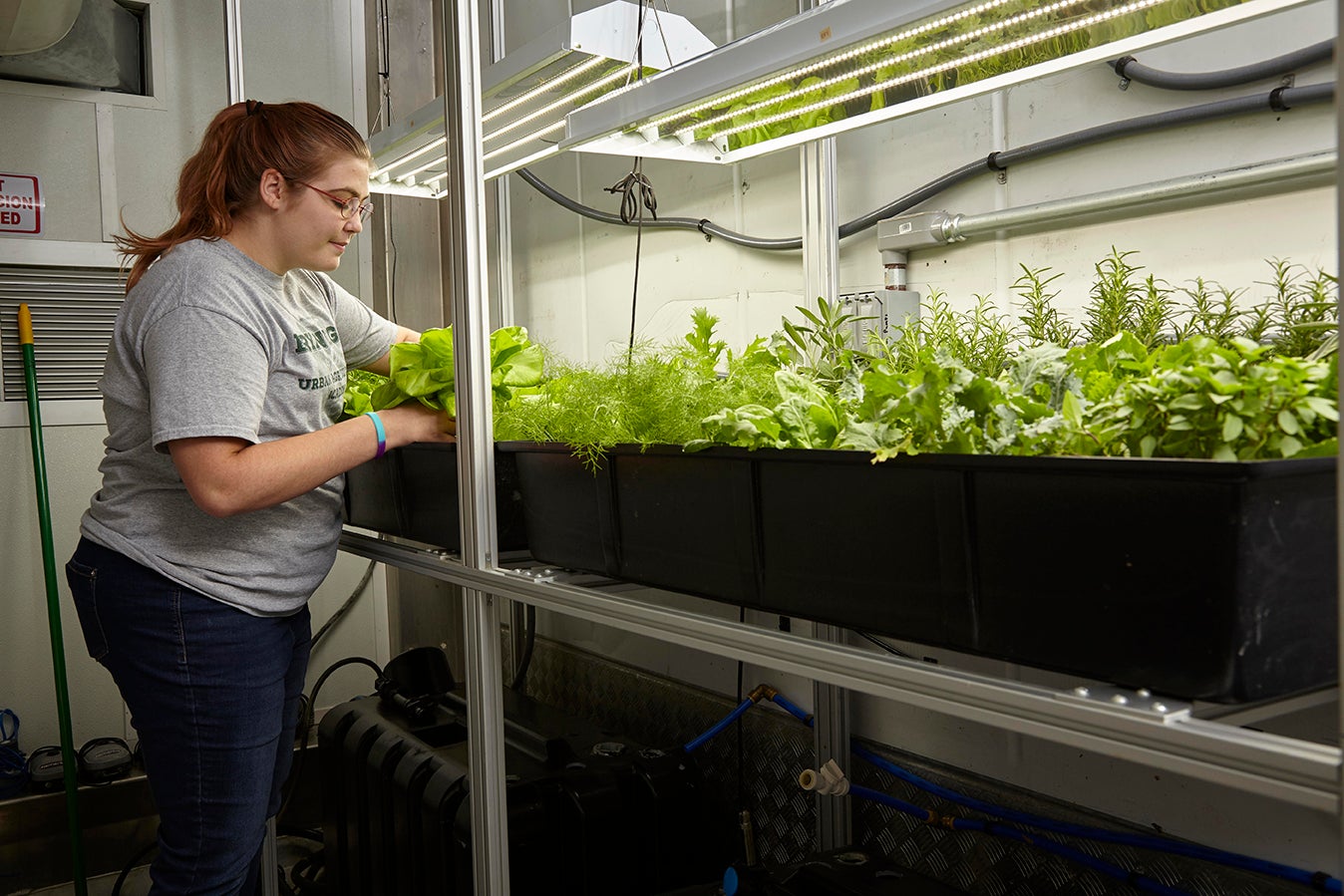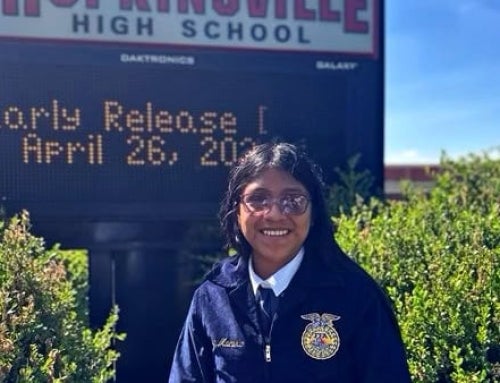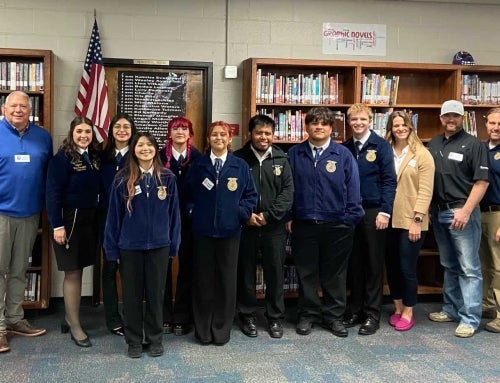Food industry heavyweights are getting on board with the plant-based protein trend. Tyson Foods, for example, announced the company’s entry into the market through its venture capital fund. Here, Justin Ransom, senior director of sustainable food strategy at Tyson, gives some perspective.
Q: What’s the difference between animal and plant protein?
A: Animal proteins are considered complete protein sources, meaning they contain all the essential amino acids our bodies need in adequate amounts and can’t make on their own. Most plant proteins like beans, grains and nuts are considered incomplete proteins, which means they are missing at least one of the essential amino acids or do not have them in the correct amounts. (There are exceptions, such as soy.)
Q: What has caused plant protein’s popularity?
A: People from all regions of the country are seeking new ways of making protein a bigger part of their diet, including plant protein. Our research shows that 60 percent of people are actively trying to add more protein to their diets, and nearly 40 percent are looking to add more plant protein. Plant protein foods are appealing because people are aware of their positive health benefits.
Q: How has Tyson Foods entered the plant-based protein market?
A: We began through venture capital investment in start-ups, then last summer, we launched our first alternative protein products under the Raised & Rooted brand. They include nuggets made with a blend of pea protein, bamboo fiber, egg white and golden flaxseed, and blended burgers that combine 100 percent Angus beef with pea protein isolate. Our nuggets contain 5 grams of fiber and 33 percent less saturated fat than regular USDA white-meat chicken nuggets. The new patties have less saturated fat and fewer calories than a traditional burger. And they taste amazing.
Q: How is the plant-based protein trend changing the agriculture industry?
A: Demand for protein is grow- ing, including alternative protein growing double digits. What’s most exciting for Tyson Foods is that among the 75 percent of consumers who are open to or actively adding plant protein to their diets, nearly all plan to continue eating traditional meat products. In fact, our initial analysis of buying behavior suggests that the alternative protein category is among the most incremental to our core businesses. The question becomes, how will the ag industry respond to feeding our growing population and will it do so sustainably? Tyson Foods is convening some of the greatest minds in industry, agriculture and academia around this topic, where designing the most sustainable food system possible across all proteins is the goal.












